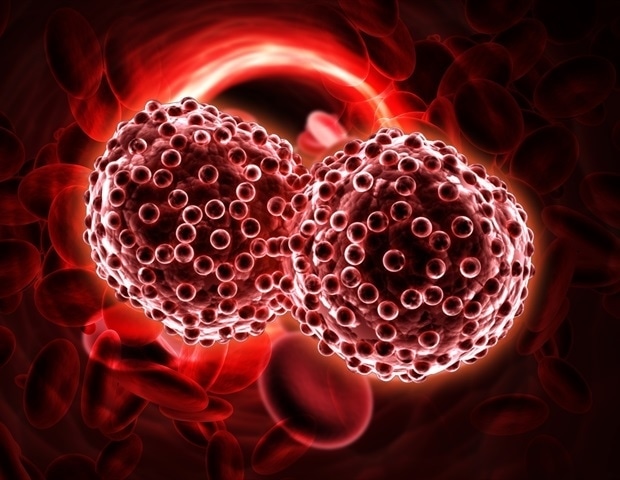Researchers have discovered that inhibiting a specific metabolic pathway in cells infected with the Epstein-Barr virus (EBV) can reduce latent infection and the risk of associated diseases, including cancer. EBV is the first virus proven to cause cancer in humans, with 90% of the adult population carrying it. The virus reprograms infected cells’ metabolism, increasing energy production to facilitate rapid cell proliferation. Researchers have found that inhibiting the enzyme IDO1, upregulated by EBV, can reduce B cell transformation and potentially prevent EBV-associated diseases, such as post-transplant lymphoma. This discovery may offer a new approach to treating EBV-related illnesses.
Source link
Targeting metabolic pathways to combat Epstein-Barr virus infections










